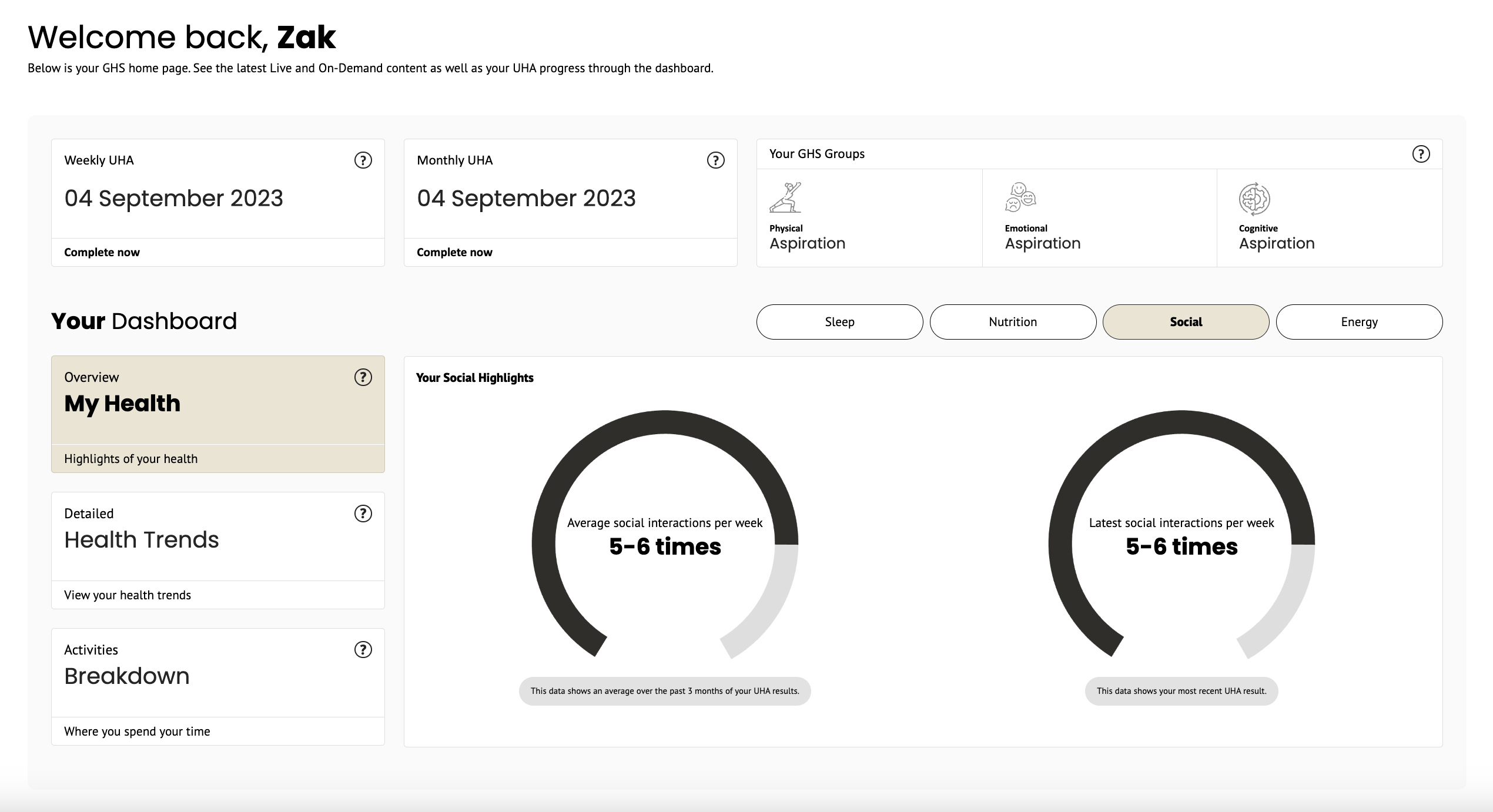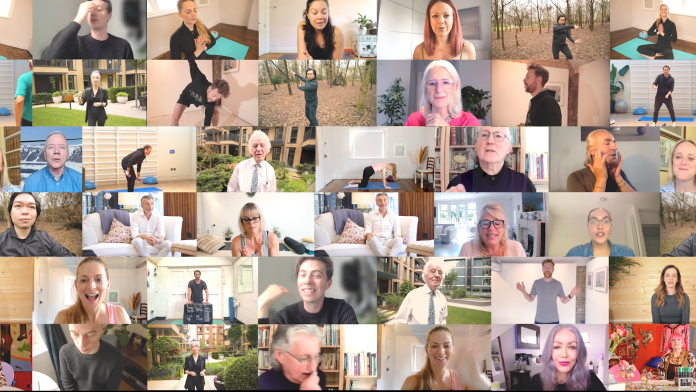Mike Reid, founder of Goldster, describes the importance of combatting loneliness and how digital solutions can address loneliness and isolation to improve health
It is increasingly acknowledged and shown through research that social isolation and loneliness are bad for health. They have been linked to higher risks of a range of physical and mental health conditions, including cardiovascular disease, hypertension, depression and cognitive impairment. Socially isolated adults suffer higher rates of mortality even accounting for other self-reported health risks and service use.
Loneliness, as a risk factor for mortality and morbidity, has been shown to be comparable to obesity, sedentary lifestyles and smoking. Mechanisms for these associations have been researched and cardiovascular activation and sleep dysfunction are two of the potential mechanisms.
While there is no consensus about the measurement of loneliness and prevalence varies across countries and type of measurement, a consistent finding is that it increases in old age.
Internationally, there have been strategies to address loneliness including social prescribing, training for health professionals on what can be offered and a myriad of strategies and coalitions. While there has to be a multi-pronged and multi-level approach at individual, community and societal levels, currently the pressure on services, the move to virtual wards and hospitals at home and a reduction in link workers supporting social prescribing, there is a need to find innovative and cost-effective interventions.
What is Goldster, and how is it combatting loneliness?
Goldster is an online community that provides classes, support and coaching across the domains of physical, emotional and cognitive health with a strong social element. It concentrates on the individual element of addressing loneliness and has shown that digital communities and relationships can be effective for many in reducing social isolation and combatting loneliness at modest cost.
There are over 400 live and on-demand classes each month that cover an array of popular areas. Physical classes range from seated fitness to resistance training, Qi-gong, yoga or Tai Chi. Classes to support mental health and emotional balance range from courses on depression and anxiety, journaling, poetry, meditation, mindfulness and with group coaching by psychotherapists and coaches all aimed to offer new insights, awareness and coping skills.
For cognition, classes such as art for cognition, dance, creative writing book club and coaching provide a rich learning environment. Communities built around common goals, provide a shared purpose and a sense of accomplishment. This can help individuals focus on positive aspects of their lives and reduce feelings of loneliness.
Community matters
Community is at the heart of Goldster. At the end of classes, members unmute and convene to ask questions, chat to the instructors, coaches and therapists, share ideas or simply just listen. With the option to keep cameras on or off, members can maintain a degree of anonymity. This can make it easier for individuals to open up about their feelings of loneliness or personal challenges.
Closed community groups provide micro-communities based around a favourite activity and a central community group provides touch points of social interaction and the ability to commune with like-minded individuals. The central hub serves as a valuable source of information and resources as members can share knowledge and advice on topics which can empower individuals and make them feel more connected to a supportive network.
The Universal Health Assessment linked to individual social prescription
Users of Goldster are invited to undertake a Universal Health Assessment (UHA), which is a peer-reviewed self-assessment of their physical, mental and emotional health that includes questions about social interaction and activities the person undertakes. The UHA also explores a person’s preferences and likes for various activities.
This is then linked to a “prescription” which advises on classes and coaching that would most benefit the person. This is based on a Standardised Wellness Intervention Pathway (SWIP), which is a framework developed by Goldster from reviews of the published literature on the effectiveness of non-drug interventions for a range of conditions and symptoms.
The UHA helps people identify their own issues and personal health goals and the interventions are based on available evidence for maintaining and improving health and quality of life, as well as reducing the risk of future health conditions.
The SWIP has been peer-reviewed by 75 global experts, has been published in a peer-reviewed journal and is continually updated. This, along with the UHA, enables personalised prescriptions for non-drug interventions across physical fitness and function, emotional wellbeing, sleep, cognitive health, diet and nutrition, as well as social wellbeing.
The growth of virtual wards and hospital at home could accentuate loneliness for some people at a time when they feel anxious, worried and unwell. Goldster can be utilised as the follow-on from a virtual ward to support rehabilitation but also social interaction.

What our members say
“Goldster has been amazing and helped me get my life back when my husband died two years ago.”
“Goldster is a lifeline. It turned my life around.”
“Just wanted to say what a wonderful addition you are to my life. I live in a rural area, with limits to face-to-face activities and poor public transport.”
“Thank you so much, I feel more hopeful than I have for years.”
“Really helpful and empowering. I look forward to asking what I need now. Also know so many practical resources here on Goldster I can use. Just so supportive to help take personal responsibility.”
Conclusion
The feedback from our members shows the value of online communities to increase social interaction particularly at times when their confidence is low or they have other chronic health conditions. The unique multi-modal aspect of Goldster means the support does not focus on a particular illness or problem but gives members the opportunity to interact with others in a range of activities as well as supports.
While the UHA is used for individuals to monitor their own progress, they can also share with others to share experiences and successes. Goldster is keen to work with other organisations and researchers to demonstrate the improvements to health of this way of providing expert advice, support and community.

This work is licensed under Creative Commons Attribution-NonCommercial-NoDerivatives 4.0 International.











